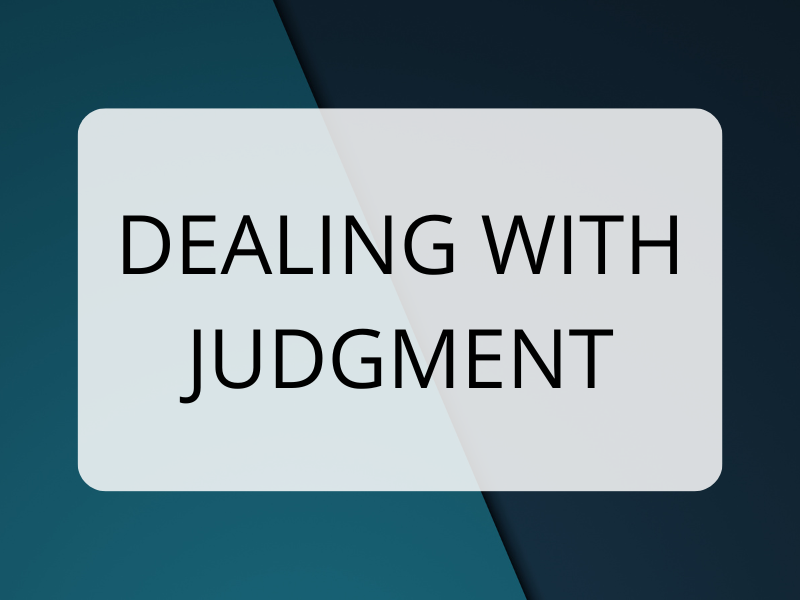Diagnosing Grief
You’ve probably seen articles with headlines like, “the whole world is at risk of prolonged grief disorder!” but what does PGD really mean?
Getting a diagnosis for grief is tricky - everyone deserves support inside their grief, but in the US, you need to have a diagnosis in order to get your therapy covered by insurance. Unfortunately, health insurance carriers only cover “disorders,” or serious problems. Which means: in order to get supportive grief therapy, there has to be something wrong with you. If you're a grieving person, understanding what clinical diagnoses mean and don't mean can be really helpful. If you're a provider, understanding the implications of our available grief diagnoses can help you avoid accidentally shaming your clients, AND help you advocate for more human-centered approaches to grief. Listen to the podcast below for a deep dive into diagnosing grief, and why the medical world's view of grief is important for everyone (even if you have universal healthcare!). Check below the pod player for more resources.
- How do you diagnose grief? If you’re a medical or healthcare provider, join the next intensive training course to learn how to fit human-centered, grief-informed skills into a medical system that doesn’t always allow for Normal Human Feelings.
- You've got questions about grief. Sign up for Megan’s once a month grief support group calls, where you'll get answers to your questions about grief, meet other grieving people, and learn what to say to well-meaning people who just. don't. get. it.
- For more on prolonged grief disorder, read Medicalizing Grief May Threaten Our Ability to Mourn, and explore the work of Dr. Jennifer Mulligan at Decolonizing Therapy.


